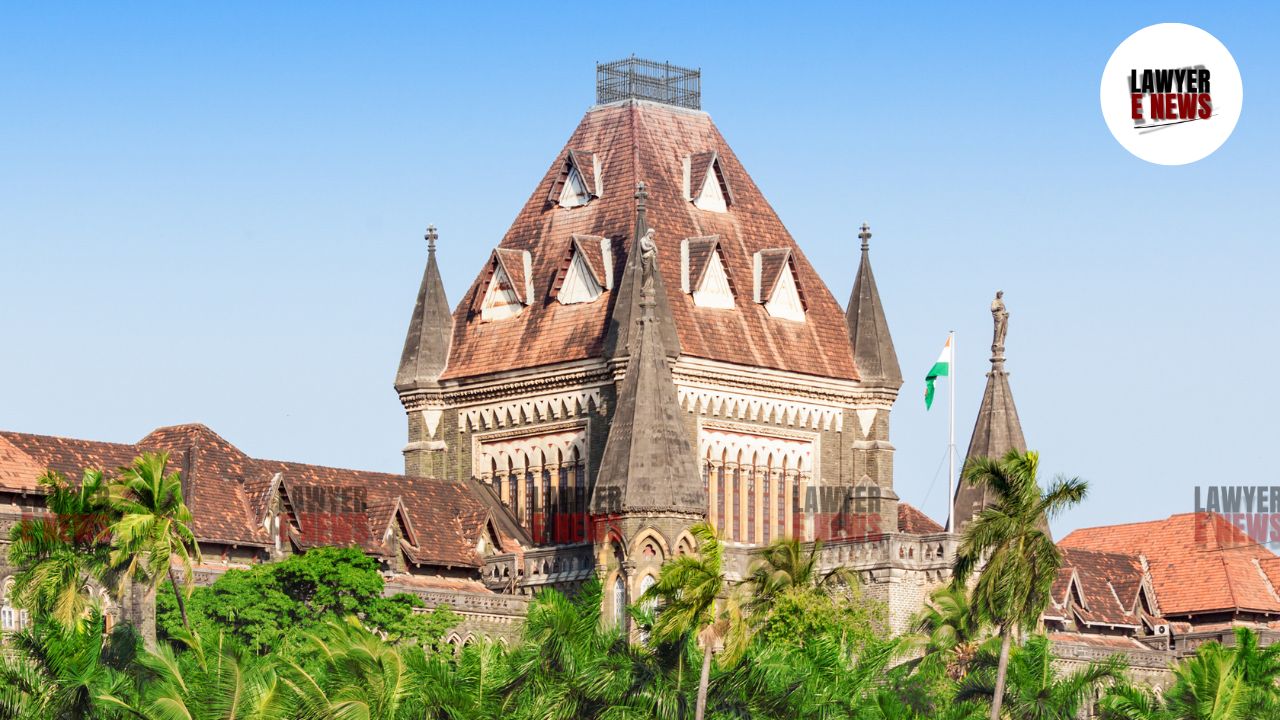-
by Admin
15 February 2026 5:35 AM



Bombay High Court, in the case of Deputy Director, Social Forestry Division & Ors. v. Vijaya Balbhim Mali, set aside the Industrial Court's order granting permanent status to daily wage workers engaged under the Social Forestry Scheme. Instead, the Court directed that their cases be re-evaluated for regularization under various Government Resolutions (GRs), with monetary and retirement benefits to be considered for eligible workers.
The petition was filed by the Social Forestry Division challenging the Industrial Court’s order from 2001, which granted permanent status to daily wage workers employed for tasks such as plantation and tree maintenance under the Social Forestry Scheme. The department contended that these workers were "seasonal" and not entitled to permanency because no sanctioned posts existed for their employment. The workers were hired between 1985 and 1991, and their services were continued due to status-quo orders during litigation.
Application of the Kalelkar Award: The Industrial Court had applied the Kalelkar Award to grant permanency to workers after five years of service. The petitioners argued that the Award only conferred CRTE (Converted Regular Temporary Establishment) status and not permanent government posts.
Constitutional Principles from Umadevi Judgment: The petitioners cited the Umadevi case, where the Supreme Court ruled that regularization in government service cannot be claimed without following due process. They argued that the Industrial Court exceeded its powers by granting permanency in violation of Umadevi.
Government Resolutions for Regularization: Various GRs from 1996, 2012, and 2018 provided a framework for the regularization of daily wage workers who had completed five years of service. The petitioners requested the Court to remand the case for reconsideration under these schemes.
Kalelkar Award – CRTE Status, Not Permanency: The Court clarified that the Kalelkar Award provides for the grant of CRTE status to workers completing five years of continuous service, but it does not create permanent posts in government service. "The Industrial Court erred in directly granting permanency instead of recognizing the CRTE status," observed the Court. The workers should have been considered for regularization under government schemes, not outright permanency.
Principles from Umadevi Applied: The Court emphasized that Umadevi prevents courts from granting permanency to casual workers without sanctioned posts. However, the Court acknowledged that workers could be regularized under specific government schemes.
Regularization under Government Resolutions: The Court highlighted that various GRs allow for the regularization of daily wage workers, such as those issued in 1996, 2012, and 2018. The Court directed the Social Forestry Division to consider the workers' cases for regularization under these GRs, with the condition that workers who had been terminated before 2012 would not be excluded if they met the criteria for continuous service.
Consequential Benefits: Eligible workers who met the service requirements under these schemes would be absorbed and granted monetary and retirement benefits. The Court instructed the department to deduct the compensation already paid to the workers at the time of their termination.
The Bombay High Court’s ruling reaffirms the legal principle that casual or daily wage workers cannot claim permanent government posts without sanctioned positions or adherence to a formal regularization process. Instead, the Court directed that the workers' claims be re-evaluated under applicable government schemes, aligning with the constitutional principles of equality in public employment.
Date of Decision: September 20, 2024
Deputy Director, Social Forestry Division & Ors. v. Vijaya Balbhim Mali
